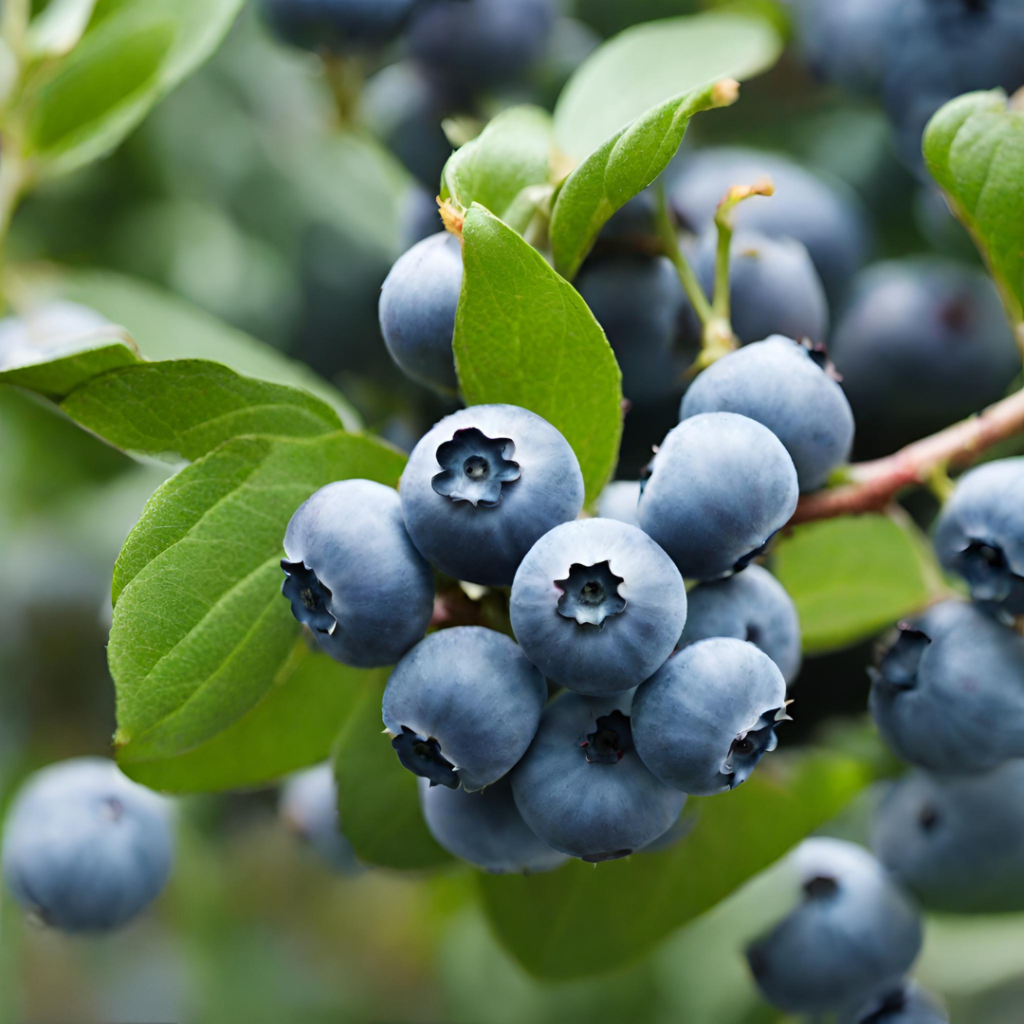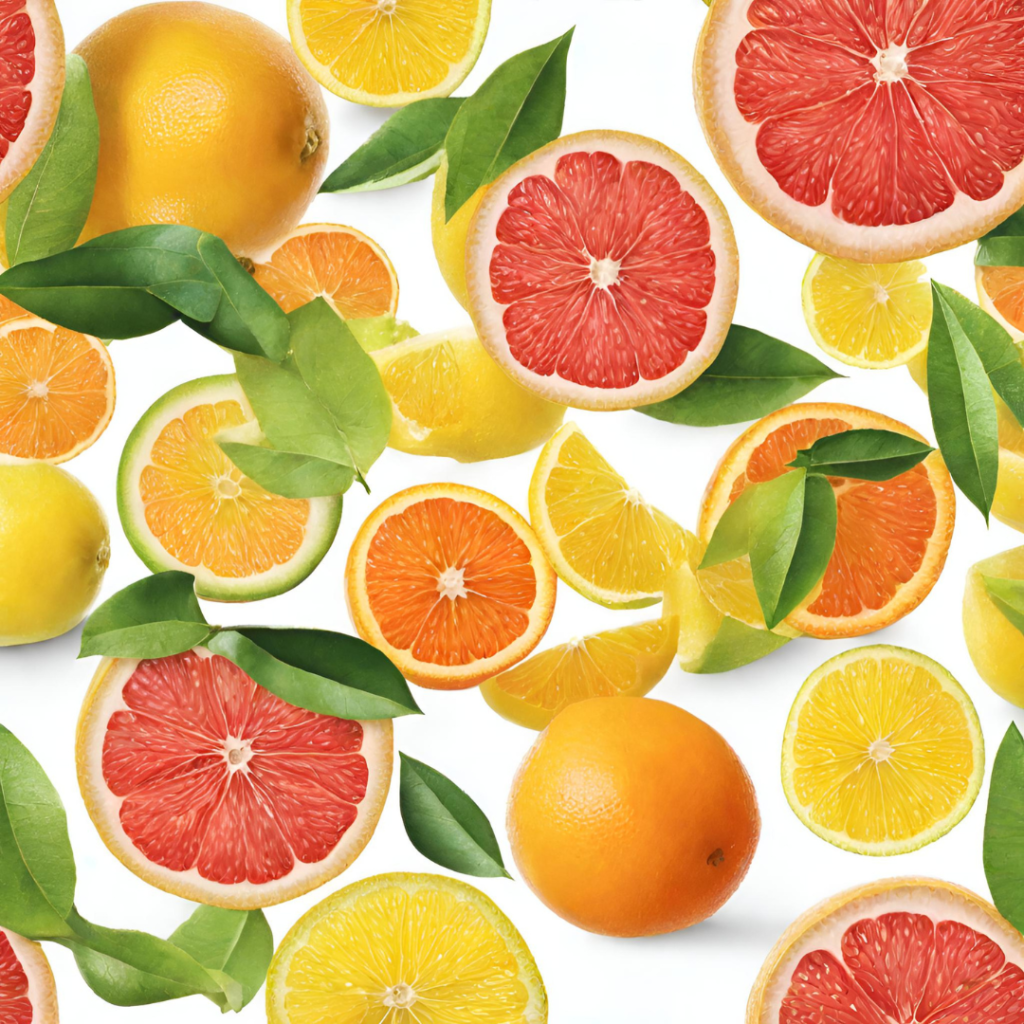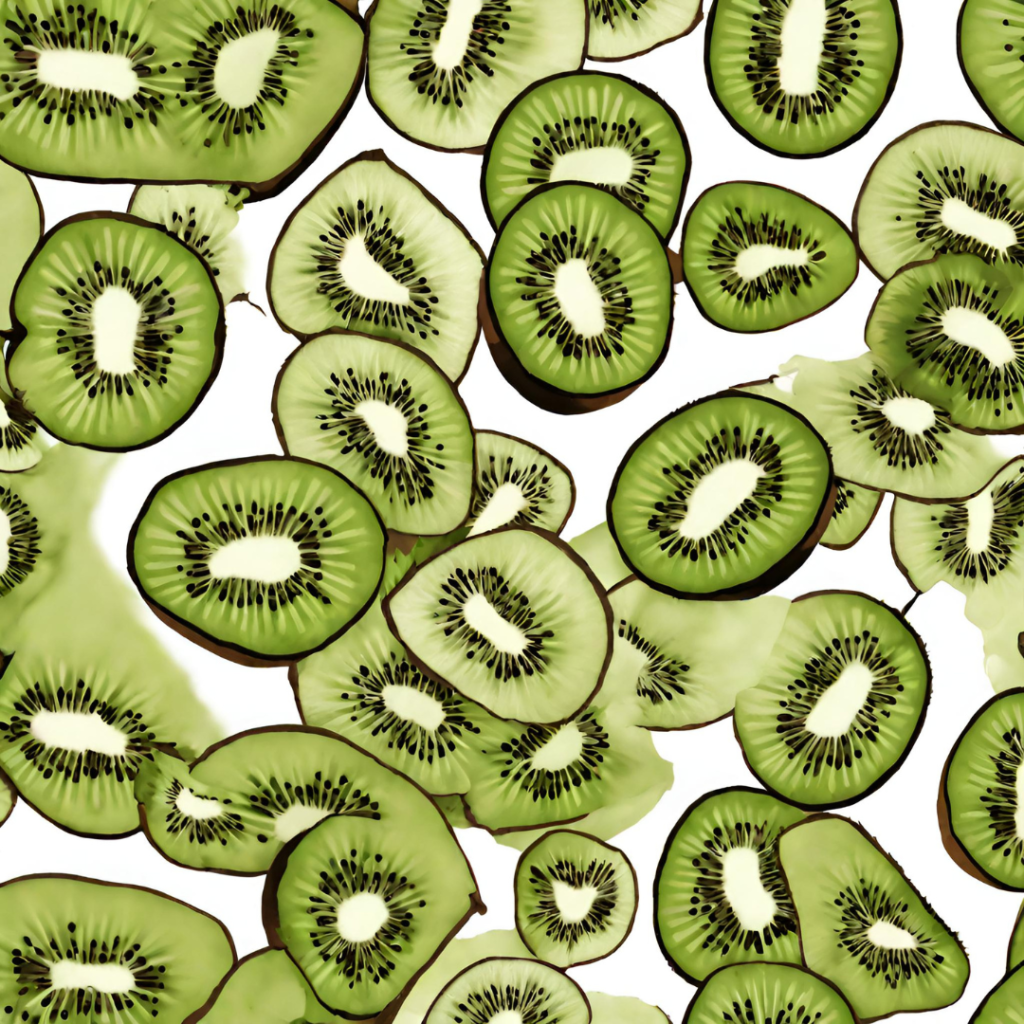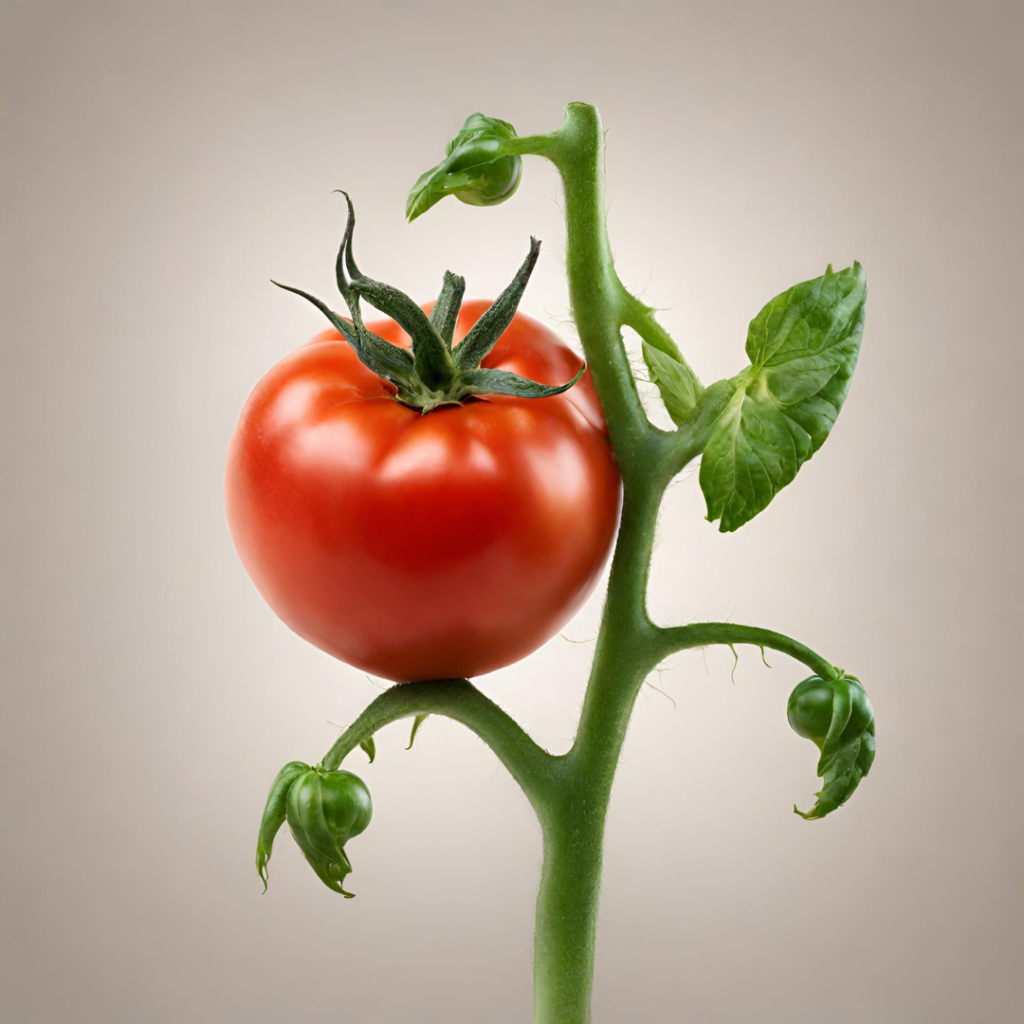Great Health Great Fitness
“10 Types of Fruits which is good for Cancer Patient”
Nutrition plays a crucial role in supporting cancer patients during treatment. Including a variety of fruits in their diet can provide essential vitamins, minerals, and antioxidants that may help boost immunity and overall health. Here are 10 types of fruits known for their potential benefits in aiding cancer patients' well-being and recovery.

In the realm of battling cancer, Fruits, nutrition emerges as a crucial ally, offering not only sustenance but also powerful tools to support the body’s defense mechanisms and enhance overall well-being. Among the myriad dietary options available, fruits stand out as potent sources of essential nutrients, antioxidants, and phytochemicals that hold promise in the fight against cancer. In this comprehensive guide, we explore ten types of fruits renowned for their cancer-fighting properties, empowering patients with the knowledge to make informed dietary choices on their journey towards healing and recovery.
Blueberries:

Renowned for their vibrant hue and delectable flavor, blueberries are also rich in antioxidants known as anthocyanins, which have been shown to inhibit the growth of cancer cells and reduce inflammation. Additionally, the high concentration of vitamins C and K in blueberries supports immune function and promotes overall health. Moreover, blueberries boast a bounty of vitamins C and K, essential nutrients that not only bolster immune function but also contribute to the maintenance of overall health and vitality. With each succulent bite, blueberries offer a delicious Fruits and convenient way to nourish the body, fortify its defenses, and embark on a journey towards optimal wellness and longevity.
Strawberries:

Bursting with flavor and nutritional goodness, strawberries are packed with vitamin C, manganese, and potent antioxidants like ellagic acid and quercetin. Fruits Studies suggest that these compounds may help prevent the formation of cancerous tumors and inhibit the spread of cancer cells, particularly in breast, colon, and prostate cancers. Revered for their succulent sweetness and vibrant crimson hue, strawberries represent more than just a delightful treat—they embody nature’s bounty of health-enhancing nutrients and compounds. Bursting with flavor and brimming with nutritional goodness, these delectable berries are a rich source of essential vitamins and minerals, including a generous dose of vitamin C, vital for immune function, and manganese, crucial for metabolic processes.
Yet, it’s the impressive array of antioxidants found in strawberries that truly sets them apart as a potent ally in the fight against cancer. Among these antioxidants, ellagic acid and quercetin reign supreme, their powerful anti-inflammatory and anti-cancer properties making them valuable assets in the quest for optimal health. Research suggests that these compounds may not only help prevent the initiation of cancerous tumors but also hinder the metastasis or spread of cancer cells, particularly in malignancies affecting critical organs like the breast, colon, and prostate.
As we delve deeper into the intricate workings of these remarkable berries, we uncover a wealth of health benefits waiting to be savored. From supporting cardiovascular health and promoting brain function to aiding in weight management and enhancing skin radiance, strawberries offer a multitude of reasons to indulge in their delicious goodness.
Citrus Fruits:

Citrus fruits such as oranges, lemons, and grapefruits are prized for their high vitamin C content, which plays a crucial role in immune function and collagen production. Furthermore, citrus fruits contain bioactive compounds like limonoids and flavonoids, which exhibit anti-cancer properties by inhibiting the proliferation of cancer cells and inducing apoptosis, or programmed cell death.
Berries (e.g., raspberries, blackberries):
Berries, including raspberries and blackberries, are veritable powerhouses of antioxidants, fiber, and phytonutrients that contribute to their anti-cancer properties. The presence of compounds like ellagic acid, quercetin, and anthocyanins in berries has been linked to reduced cancer risk and improved outcomes in individuals undergoing cancer treatment.
Apples:
An apple a day may indeed keep the doctor away, as this humble fruit boasts an impressive array of health-promoting compounds, including quercetin, catechins, and fiber. Research suggests that regular consumption of apples may lower the risk of developing various cancers, including lung, colorectal, and breast cancer, by virtue of their antioxidant and anti-inflammatory properties.
Quercetin, a potent antioxidant found abundantly in apples, has garnered attention for its ability to combat oxidative stress, reduce inflammation, and scavenge free radicals within the body. Similarly, catechins, another group of antioxidants present in apples, have been linked to a myriad of health benefits, including cardiovascular protection, blood sugar regulation, and even weight management. Moreover, apples are rich in dietary fiber, a nutrient essential for digestive health and regularity. Fiber not only aids in digestion and promotes satiety but also plays a crucial role in maintaining optimal cholesterol levels and supporting heart health.
But perhaps most intriguing are the potential cancer-fighting properties of apples, as evidenced by a growing body of research. Studies suggest that regular consumption of apples may confer protective benefits against various types of cancer, including lung, colorectal, and breast cancer. This protective effect is thought to be attributed to the combined action of antioxidants and anti-inflammatory compounds found in apples, which help neutralize carcinogens, inhibit the growth of cancerous cells, and promote the body’s natural defense mechanisms against tumor formation.
Grapes:
Grapes, whether enjoyed fresh or as raisins or grape juice, offer a bounty of health benefits attributed to their rich antioxidant content, particularly resveratrol. This compound has garnered attention for its potential to inhibit cancer cell proliferation, suppress tumor growth, and enhance the effectiveness of chemotherapy in combating cancer.
Pomegranates:
Revered for their exquisite taste and symbolic significance, pomegranates are also prized for their potent anti-cancer properties. Packed with antioxidants like punicalagins and ellagic acid, pomegranates have been shown to inhibit the proliferation of cancer cells, induce apoptosis, and suppress angiogenesis, the process by which tumors develop new blood vessels to fuel their growth.
Kiwi:

Hailing from the lush orchards of New Zealand, kiwi fruit is celebrated for its vibrant green flesh and tangy-sweet flavor. Beyond its culinary appeal, kiwi is a nutritional powerhouse, boasting high levels of vitamin C, vitamin K, and antioxidants like polyphenols and carotenoids, which have been linked to reduced cancer risk and improved outcomes in cancer patients. In addition to vitamins C and K, kiwi fruit is brimming with antioxidants, including polyphenols and carotenoids, which exert powerful protective effects against oxidative stress and inflammation in the body. These antioxidants have been linked to a myriad of health benefits, including reduced cancer risk and improved outcomes in cancer patients.
Indeed, emerging research suggests that the potent combination of vitamins, minerals, and antioxidants found in kiwi fruit may play a pivotal role in cancer prevention and treatment. Studies have shown that the bioactive compounds present in kiwi fruit can help inhibit the growth of cancer cells, induce apoptosis (programmed cell death), and suppress tumor progression, particularly in cancers affecting the digestive system. Moreover, the high fiber content of kiwi fruit promotes digestive health, aids in weight management, and contributes to a feeling of fullness and satiety. This makes kiwi fruit an excellent choice for individuals looking to maintain a healthy weight and support overall well-being.
In essence, the kiwi fruit stands as a shining example of nature’s perfect balance of flavor and nutrition. By incorporating this vibrant fruit into their diet, individuals can savor not only its delicious taste but also reap the myriad health benefits it offers, from bolstering the immune system to reducing the risk of chronic diseases like cancer. So, next time you reach for a snack, consider reaching for a kiwi fruit and treat your body to a burst of vitality and wellness.
Avocado:

Creamy, versatile, and oh-so-nutritious, avocados are a beloved addition to any cancer-fighting diet. Rich in heart-healthy monounsaturated fats, fiber, and vitamins E and K, avocados offer a host of benefits, including anti-inflammatory and antioxidant effects that may help protect against cancer and support overall health and well-being.
Tomatoes:

While technically classified as a fruit, tomatoes are often considered a staple in savory dishes, thanks to their vibrant color and tangy flavor. Beyond their culinary appeal, tomatoes are rich in lycopene, a powerful antioxidant that has been extensively studied for its potential role in reducing the risk of various cancers, including prostate, lung, and stomach cancer.
Incorporating these potent cancer-fighting fruits into a balanced and varied diet can provide patients with a valuable arsenal of nutrients and phytochemicals to support their bodies in the fight against cancer. By harnessing the power of nature’s bounty and embracing a diet rich in colorful, nutrient-dense fruits, patients can nourish their bodies, strengthen their immune systems, and optimize their overall health and well-being on the path to healing and recovery.
Conclusion
In the journey of battling cancer, the role of nutrition cannot be overstated. As we conclude our exploration of ten potent cancer-fighting fruits, it becomes evident that nature has provided us with a powerful arsenal of tools to support our bodies in the fight against this formidable disease. From the antioxidant-rich blueberries to the vitamin C-packed citrus fruits, each fruit offers a unique blend of nutrients, phytochemicals, and bioactive compounds that hold promise in preventing cancer development, inhibiting tumor growth, and supporting overall health and well-being.
By incorporating these cancer-fighting fruits into a balanced and varied diet, patients can harness the power of nature to strengthen their immune systems, reduce inflammation, and optimize their body’s ability to combat cancer. Whether enjoyed fresh, blended into smoothies, or incorporated into savory dishes, these fruits offer a delicious and convenient way to nourish the body and support it on the path to healing and recovery.
However, it’s important to remember that no single food or dietary component can provide a cure for cancer on its own. Instead, a holistic approach to cancer treatment and prevention involves a combination of factors, including medical interventions, lifestyle modifications, and dietary choices. While fruits can play a valuable role in supporting overall health and well-being, they should be part of a comprehensive treatment plan tailored to individual needs and preferences.
In conclusion, by embracing the power of nutrition and incorporating cancer-fighting fruits into their diet, patients can take an active role in their health and well-being, empowering themselves to make informed choices and optimize their chances of recovery. As we continue to advance our understanding of the intricate relationship between diet and cancer, let us never underestimate the potential of nature’s bounty to heal, nourish, and uplift us on the journey towards health, vitality, and longevity. For More Information you can check our blogs “COVID-19: The Triumph Trail – Overcoming Life After COVID-19”.
